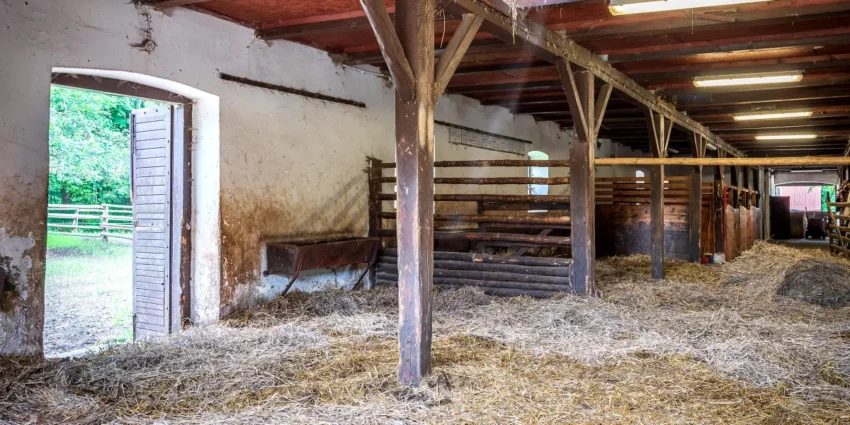When summer rolled around, my husband and I were faced with the annual tradition of sending our twin daughters, Lily and Rose, to stay with my in-laws for the summer. The practice had always made me uneasy, but my husband was insistent. “They’ll have so much fun,” he said, seemingly oblivious to my concerns.
My mother-in-law, Patricia, had never been particularly warm toward our daughters. While she lavished attention on her other grandchildren, Lily and Rose seemed to be mere afterthoughts. They had never been welcomed with the same enthusiasm, and I had always found it troubling.
Nonetheless, my husband was excited about the prospect of some quiet time together. He saw this as an opportunity for us to reconnect, so I reluctantly agreed to let the girls go.
The first night, I called to check on them. The conversation started normally enough, but then Lily’s voice quivered as she told me, “Mom, we’re sleeping in a shed.” My heart sank as she continued, “It has hay beds and there are rats.”
I felt a wave of anger and helplessness. Patricia and her husband, Harold, had always been cold, but this? This was a new low. The other grandkids stayed comfortably inside the house, while my daughters were relegated to a rundown shed. I couldn’t fathom the reason behind it.
My husband was working late, so I didn’t waste any time. I jumped in the car and drove to my in-laws’ house, my mind racing with indignation. I arrived at their home, fuming, and was greeted by Patricia with her usual aloof demeanor.
“Patricia,” I said, trying to control my temper, “I need to see my girls. I just got a call saying they’re sleeping in a shed.”
Patricia looked mildly surprised but quickly masked her expression with a stern glare. “It’s tradition,” she said dismissively. “The shed is perfectly fine. It’s a family ritual to build character. The other children are accustomed to this arrangement, and it’s important for our traditions to be preserved.”
I was astounded. “Tradition? You mean to tell me you’re making my daughters sleep in a shed with rats because of some outdated family tradition?”
Before Patricia could respond, Harold appeared. “We’ve always done things this way. It’s what’s expected.”
My blood was boiling. “What’s expected is for children to be treated with kindness and respect. You’ve never shown my girls the same affection you show your other grandchildren. This is unacceptable.”
As the argument escalated, Patricia’s face turned red with irritation. “You’re overreacting. This is how we’ve always done it.”
I was left in disbelief. Their refusal to acknowledge their cruelty was maddening. I turned on my heel and left, determined to get my girls out of that dreadful place.
I drove back to their shed and found Lily and Rose huddled together, looking both scared and exhausted. I quickly gathered their things and took them home, trying to comfort them as best I could.
The next day, my husband came home to find me and the girls settled in our living room, the girls still shaken but safe. “What’s going on?” he asked, bewildered.
I recounted the entire ordeal. His initial reaction was one of shock, followed by anger. He immediately called his parents to confront them. Patricia and Harold’s excuses only fueled his fury.
As weeks passed, Patricia’s actions caught up with her. The news of her treatment of Lily and Rose spread through the extended family, and the backlash was swift. Family members who had previously remained silent began to speak out against her behavior.
Karma came swiftly: Patricia’s reputation among the family was tarnished, and she faced a significant loss of support and respect. The family gatherings, once dominated by her presence, now saw her as a distant figure. Harold’s attempt to defend her only made things worse.
In the end, my daughters and I were able to move forward, our bond stronger than ever. The ordeal had been harrowing, but it reinforced my commitment to standing up for my children and ensured they would always be treated with the love and respect they deserved.
